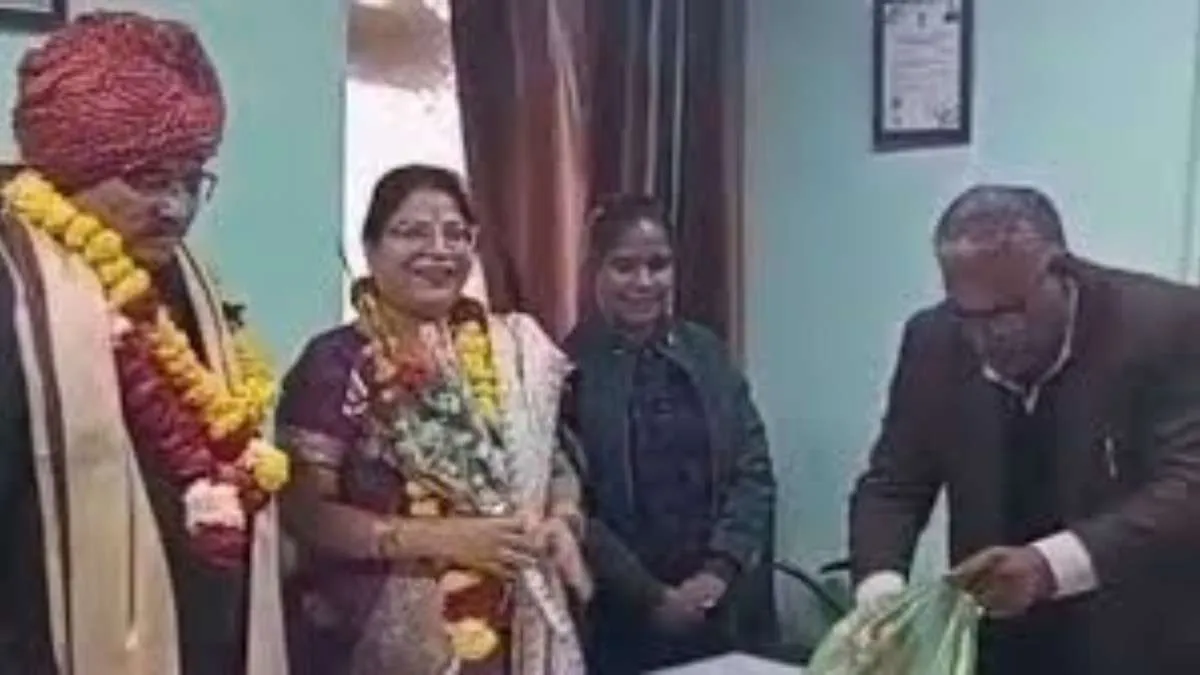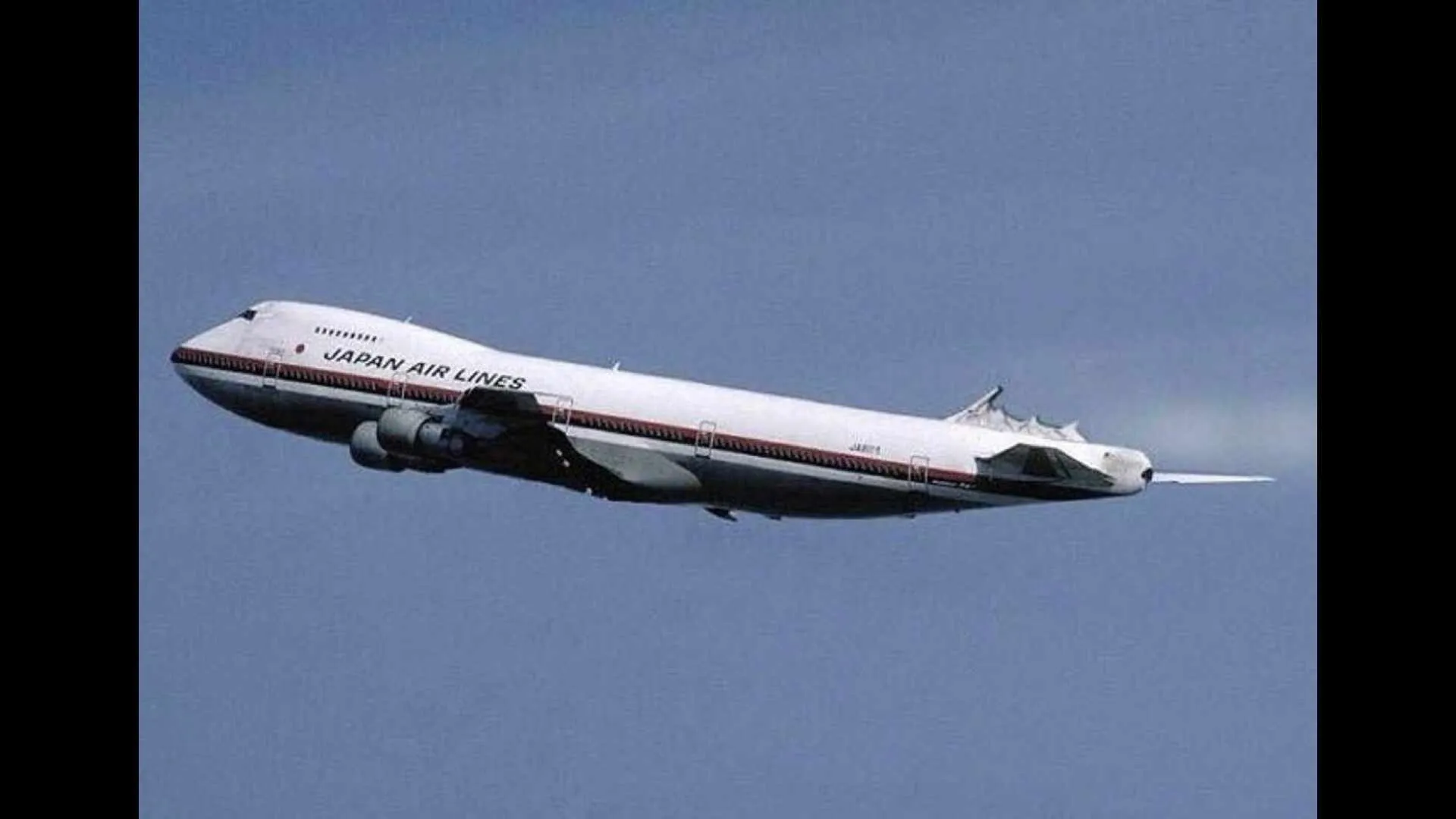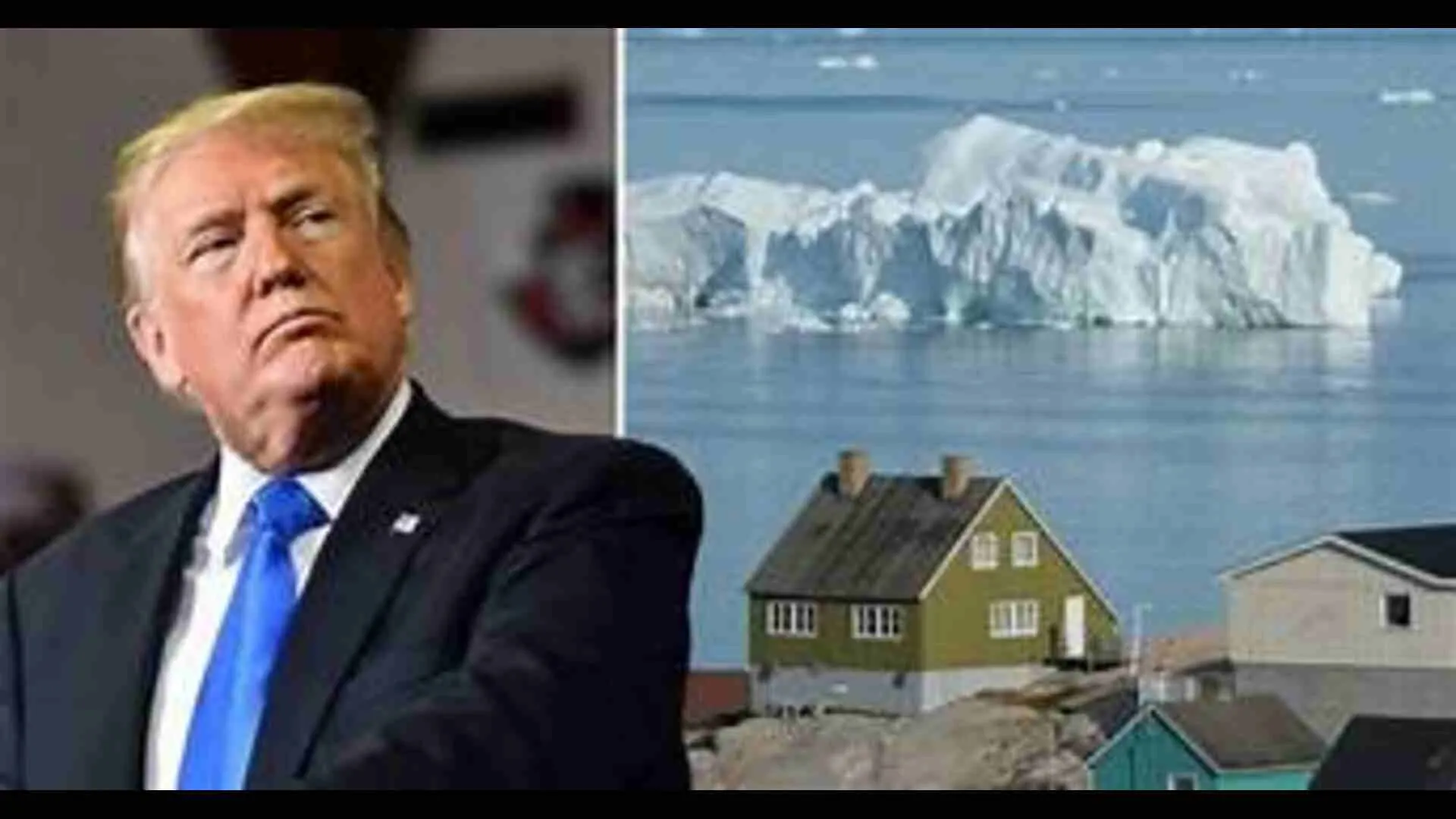With Germany’s Foreign Minister Annalena Baerbock likely to visit India in December, New Delhi will have a much-needed opportunity to have a terse statement from her, slamming terrorism emanating from the territory under Pakistan’s control. As the German FM is said to be keen to put to rest the controversy created over her Kashmir remarks last month, India must use the visit to try to persuade her talk tough against terrorism from Pakistan’s soil. Undoubtedly, the German Foreign Minister, whose India visit schedule next month is yet to be finalised, will have no hitch whatsoever in being critical of terror organisations being harboured and protected in the territories under the control of both Pakistan and Afghanistan.
As Baerbock would be meeting External Affairs Minister S Jaishankar and National Security Advisor Ajit Doval and other senior defence, security and diplomatic officials in Delhi, the India side would have ample opportunity to impress upon her that Germany needs to look at the Kashmir issue in the context of terrorism being promoted and financed by Pakistan. The Ministry of External Affairs (MEA) had rightly called such Baerbock comments on the Kashmir issue as a “grave injustice” to victims of terrorism. MEA spokesperson Arindam Bagchi had said that the “role and responsibility” of any “serious and conscientious member of the global community” was to call out international, cross-border terrorism. During various meetings, the German Foreign Minister must be be reminded of what MEA had said in its reaction to her controversial remarks on the Kashmir issue.
She must be briefed on how Pakistan continues to sponsor and shield terrorists who attack innocent people in Kashmir. Surely, India would also provide her evidence about Pakistan’s role in terrorism that were made available to the UNSC members recently at the Counter-Terrorism Committee (CTC) meeting here. This way, India can step up pressure on the German minister to make a strong statement against Pakistan-based terrorism during the visit. She must be told how Pakistan’s continued conspiracy to foment troubles in Kashmir needs to be condemned. Cross-border terrorism which Kashmir has been bearing the brunt of is the real problem that has to be addressed. If India presses this point during Baerbock’s visit, it would be quite important in the context of the controversial Kashmir remarks that she had made in the presence of Pakistan’s Foreign Minister Bilawal Bhutto. India had then issued a strong statement rebutting her remarks. At a joint press conference with Bilawal Bhutto Zardari in October, Baerbock had suggested a role for the UN in the Kashmir issue. “Germany has a role and responsibility with regard to the situation of Kashmir. Therefore, we support intensively the engagement of the United Nations to find peaceful solutions in the region,” Baerbock had said after bilateral talks with Bhutto in the German capital. “The Indian Union Territory of Jammu and Kashmir has borne the brunt of such a terrorist campaign for decades. This continues till now,” Bagchi had further said referring to the unfinished prosecution of Pakistan-based terrorists involved in the Mumbai 26/11 attacks. “When states do not recognise such dangers, either because of self-interest or indifference, they undermine the cause of peace, not promote it. They also do grave injustice to the victims of terrorism,” he added.
On Thursday, Foreign Secretary Vinay Kwatra at an open debate at the UN urged the international community to “call out those” who provide safe havens to terrorists and come to their defense including in the UN Security Council sanctions regimes, a veiled reference to Pakistan and China. “The threat posed by terrorism…Needs a unified voice from the international community,” Kwatra said in his remarks. Kwatra’s remarks assume significance in the light of ongoing campaign by India to pressure the global community to focus on the terrorism being sponsored by Pakistan and Afghanistan State actors.
T. BRAJESH






